Almost daily, I talk to people who state that they really want to change their job or career situation, if only they could stay focused.
At that point, they usually pause and start naming all of the things that keep them unfocused. You’ve probably heard or even used a few of these excuses yourselves.
Excuses such as:
- If I didn’t have kids in soccer.
- If I didn’t have so much yard work to do.
- If my spouse would help around the house more.
After a while, they start to sound like, “If Idda. If Idda.” Many times they will even continue, “If Idda” while glancing at their cell phones.
Sound familiar?
Let me begin by saying that there never was a time in history where the average person has so many things competing for his/her attention. Between emails, texts, radio, and television – the average American’s attention span is now 8 seconds. That is one second less than a goldfish! Is it any reason that we can’t focus on the big things in life?
So, Why Can’t You Stay Focused and Steps To Get There
I have come up with a list of what I believe are the seven major reasons why you can’t get focused.
1) Are you left-brained (more logical) or right-brained (more creative)? This will have a huge impact on your time management skills and focus. Traditional time management books were written in a linear fashion and also written by left-brained people. Is it any wonder the right-brainers just can’t seem to make it work? An excellent book for right-brained time management is Time Management for the Creative Person by Lee Silber. Lee Silber “gets” how creativity works.
Anyone can use the “$35,000 Rule” which basically says that these six things must be done today at whatever time you will be quitting for the day. If you finish them early, then you can go ahead and start borrowing one task at a time from the next day. The goal is to have six tasks per day completed by the end of the week. If you are working five days a week, then you will need to have 30 finished by the end of the week. This is great if some tasks take longer than you think.
2) Are you a day or evening person? Most of us know the answer to this, but still try to focus or begin a major project at the worst possible time for ourselves. If you work a regular job then you really can’t help what the hours are or what your schedule is. However, when it comes to decision making and home projects, you do have some control.
You’ve probably heard the expression, “Just sleep on it.” Well, decide what time of day or night you like to “sleep on it” and do that. You will wake up rested and better able to make the right decision. A good, focused decision can be made after you are rested. It will probably be one that will not cost you too much of a mistake.
3) What is your “gut reaction” to the project or life event? In other words, if I was to say to you, “Let’s start go skiing” what would you say? What would be your first reaction? Would you respond that you don’t like skiing or that you are terrified of it? Some of your projects or life events are probably things that you would rather not deal with, so you are putting them off. Then there comes a time when you can no longer put it off, so you panic trying to get it done.
If you really dislike a project that much, do it first and get it out of the way. The more you procrastinate (wasting time) the worse it gets and the less focused you can be on other things.
4) Do you understand your individual work style? While there are five individual work styles (no need to go into all of the names here), which I teach as a Profiting From Your Passions™ career coach. In a nutshell, it just really comes down to do you know where in the project you are the most focused.
Are you more focused in the planning phase or the implementation phase? Some people are only focused in the inception of the project. This will help you identify where you will need help or accountability to stay focused.
5) Do you understand your collaborative work style? There are also five individual collaborative work styles too. There really isn’t time to go into all the names or details here; however, just having an understanding of how well you work with others. Do you prefer to work alone or in a group? Do you prefer to lead the group? Again, just knowing this will help your focus or show you when you are at your greatest focus point.
6) What do you want the outcome to be? Plan and focus “as if” the outcome has happened. Work backwards and start eliminating things, which waste time and do not or will not contribute to the outcome. Ask yourself how much different things will be once the outcome has occurred, and how you can stop procrastinating at that point.
7) How much clutter can you handle? I like what Lee Silber says about clutter. He says that left-brained people have files, but right-brained people have piles. Is your inbox so full of emails that you feel overwhelmed and you can’t focus? Is your messy desk causing you to lose or misplace important documents? This can be a huge distraction as well as a time waster, especially if you are spending the majority of your day searching for lost files.
My Coaching Two Cents’ Worth
I’ve had clients and friends, who have had to go on a social media diet to get focused or complete a project in a certain amount of time. You don’t have to give up social media–just limit the amount of time you spend on there. There are many other ways that I know of, but this is one of the ways that I recommend.
No matter where you are in your career or business reinvention, you will need to stay focused.
In Conclusion
So, there you have the seven ways that you can get and stay focused. Let’s see if we can work on improving our focus even after 50+.
We’ll show those goldfish whose boss here!

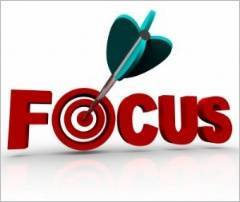

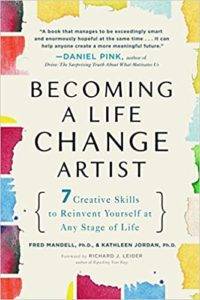



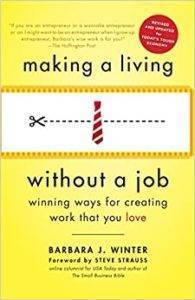



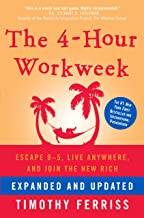


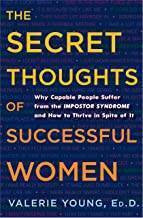


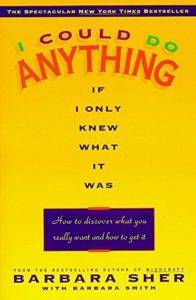

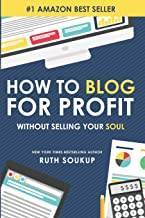
Wow! I seriously have a problem focusing. This was a good article.
I think a lot of us do, Joey Bear.
Yes, I think focus is harder as you get older. I am sure that some people also have medical problems or are on medicine that makes it harder and harder to concentrate and focus. But not counting medical issues, there are good reasons. Thanks.
Yes, I am sure that there are. I just didn’t want to get too “carried away” on the topic.
I let myself become a fool .